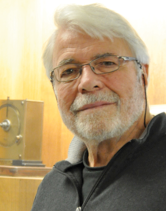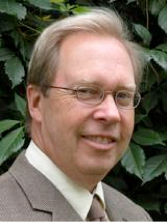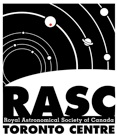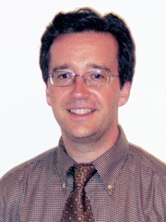
















FREE public one-hour lectures followed by a question period
TORONTO: Sundays at 3 pm (doors open at 2:15)
Macleod Auditorium, Medical Sciences Building, University of Toronto
1 King’s College Circle (Nearest Subway is Queen’s Park Station)
Parking on campus, pay/display; limited disabled parking available
NOTE: The Foundation Lecture will be given at Ryerson University -- see below
MISSISSAUGA: Thursday evenings at 7:30 pm at Noel Ryan Auditorium, Mississauga Central Library, 301 Burnhamthorpe Road W. Free parking is available under the library. The entrance is an unmarked ramp that can only be accessed southbound on Duke of York Boulevard between City Centre Drive and Burnhamthorpe Road.
























